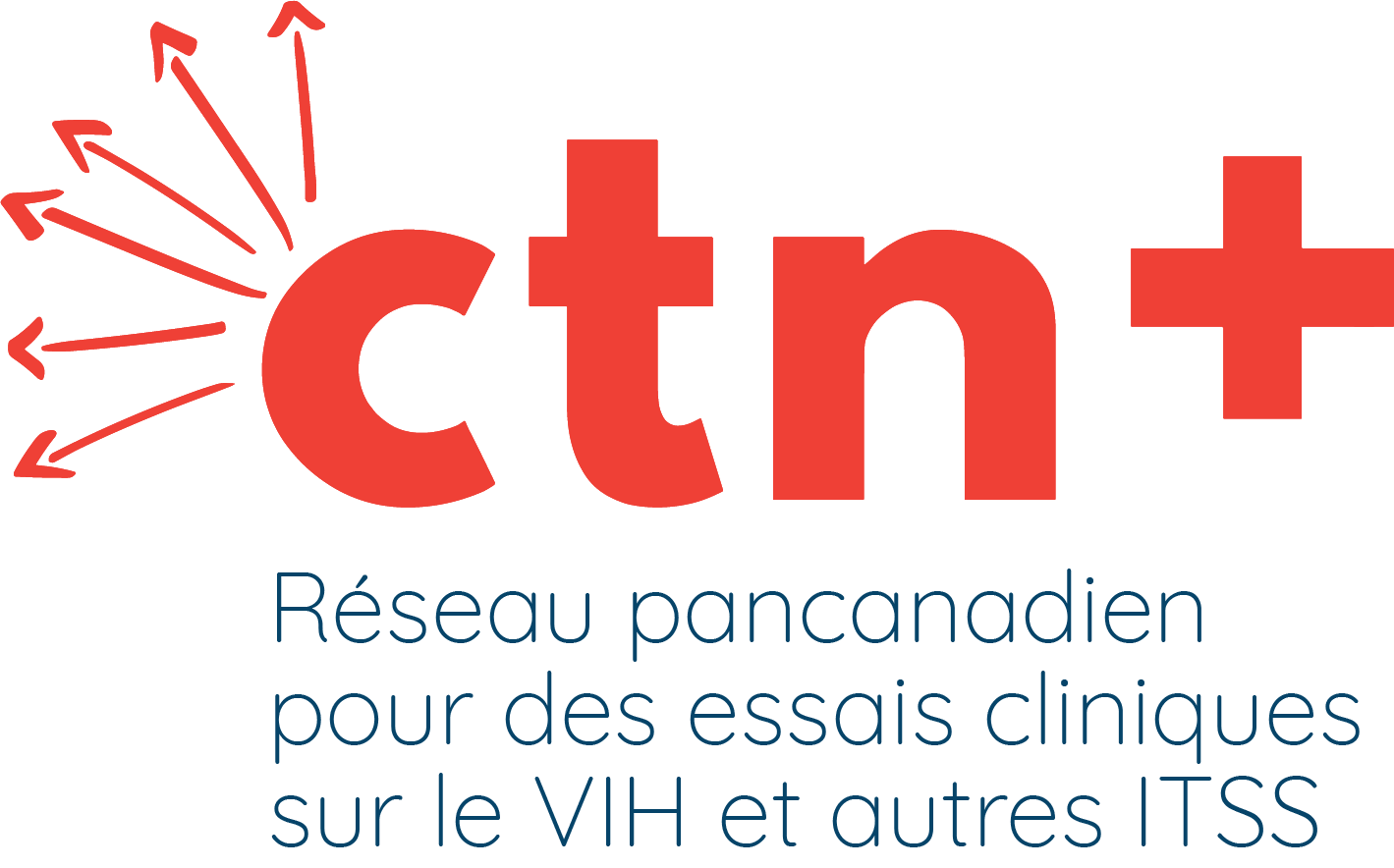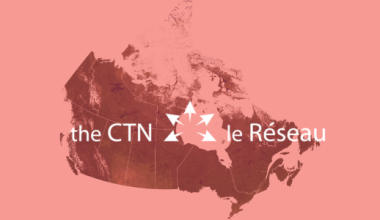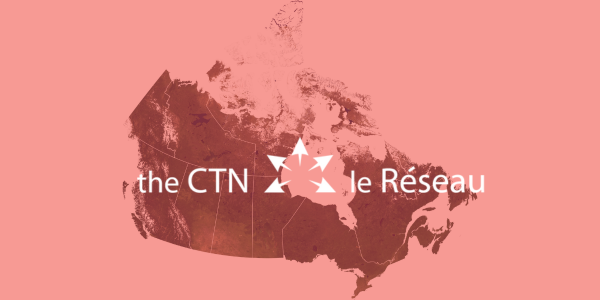It’s no secret that many people living with HIV (PLWH) both use and claim therapeutic effects from cannabis and cannabis-containing products.
While the anti-inflammatory and anti-fibrotic effects are well known, few randomized controlled studies have been done using cannabis products. CTN’s newest pilot trial will examine the feasibility, safety and tolerability of cannabis for PLWH. As a secondary objective, the study will examine the effect of cannabis on immune profiles and inflammation as well as a spectrum of conditions important to PLWH.
“The pharmacology and pharmacokinetics of cannabis are complicated and misunderstood,” said Dr. Cecilia Costiniuk, the study’s principal investigator. “Furthermore, it is extremely difficult to perform a double-blind study using a placebo given the psychoactive effects of THC.”
Cannabis is known to reduce inflammation in HIV-negative people, but little is known about its effect on inflammation as a result of HIV and HIV treatment. Many researchers believe that some of the major co-morbidities associated with chronic HIV infection are due in part to persistent immune activation and associated inflammation. Chronic inflammation has been associated with cardiovascular disease, diabetes, lung disease and other conditions.
It is clear however, that community members and people living with HIV are interested in the possibilities of cannabis and its therapeutic effects.
“We were delighted by the strong positive feedback we received from community members about our study,” said Costiniuk. “People were pleased we were studying a topic of such high relevance and many individuals shared personal stories with us about the benefits cannabis has had in their lives.”
The open-label study will recruit 26 participants on antiretroviral therapy (ART) at the McGill University Health Centre to one of two arms: THC oil taken orally versus THC in oil format vapourized for 12 weeks.
The study, designed by Dr. Costiniuk along with Dr. Mark Ware and Dr. Mohammad-Ali Jenabian, hopes to demonstrate that cannabis is well tolerated and has a favourable effect on the immune systems of PLWH. If they can demonstrate these features, then the data would support a larger randomized trial to examine cannabis and its effects on conditions of special importance to PLWH such as immune reconstitution, liver disease, and insomnia among others.
CTNPT 028 has received enthusiastic support from institutions, the CTN, and community. “As the purpose of this study is to benefit people living with HIV, community input is critical,” said Costiniuk. “We strongly welcome any further feedback from the community about additional ways to strengthen the study and input for future directions.”
In total, three pilot studies were approved and funded in the 2016 competition. Dr. Nathan Lachowsky’s pilot to determine the feasibility of creating a crystal methamphetamine intervention among gay, bisexual and other men who have sex with men (gbMSM) was funded, as was Dr. Andrew Eaton’s pilot to develop adaptive coping strategies to reduce stress and anxiety for people living with HIV-associated neurocognitive disorder (HAND).
The pilot study competition will reopen for concept documents this fall. Dates will be announced on the CTN website.







